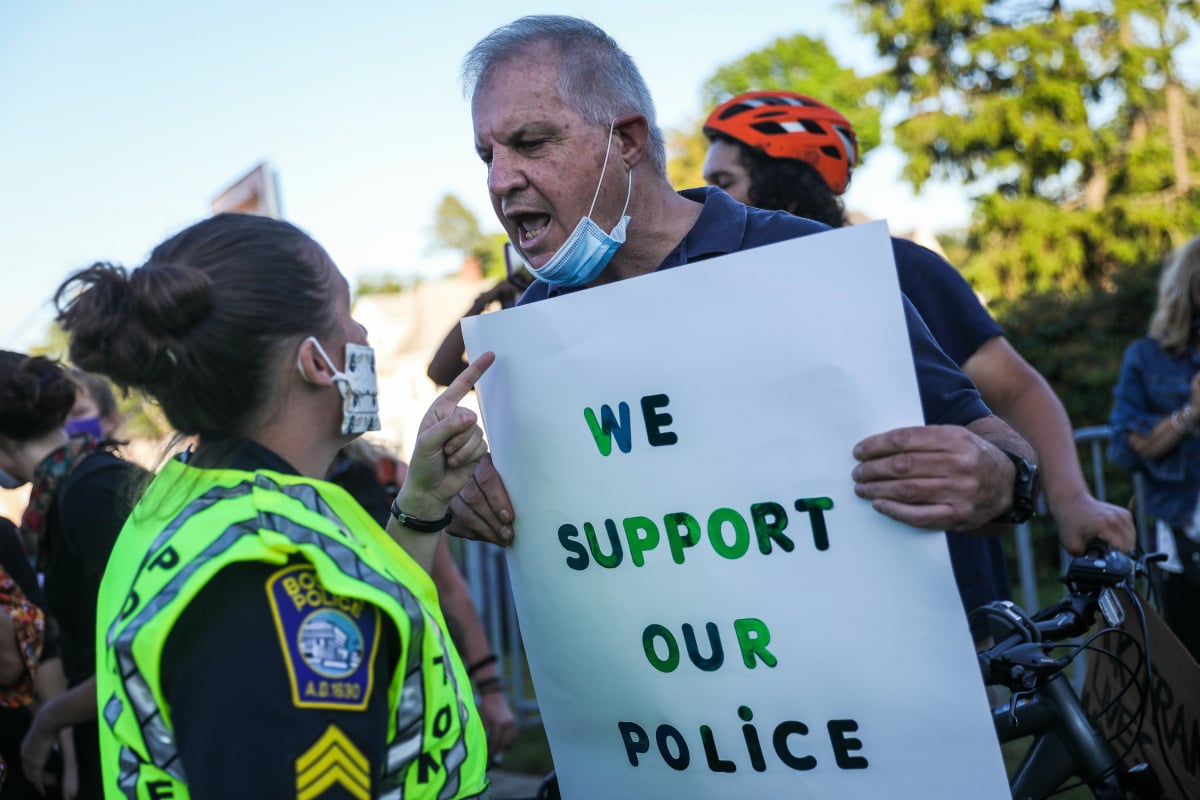
Since the death in custody of black Minneapolis man George Floyd, the Black Lives Matter movement has gained momentum around the world.
Hundreds of thousands of people have marched in the streets calling for an end to systemic racism; be it the disproportionate use of lethal force by American police against Black citizens, or the fact that Indigenous Australians are ten times more likely to die in custody than non-Indigenous Australians.
"It's time for us to stand up in George's name": Rev. Al Sharpton's speech at George Floyd's memorial.
But the strength, size and visibility of Black Lives Matter over the past three weeks, has led some to question why other causes don't attract the same groundswell of support.
'What about police who get attacked or shot?'
'What about people of other races who die in custody?'
'What about an "All Lives Matter" movement?'
'What about...'
'What about...'
This tendency to point fingers elsewhere is referred to as 'whataboutism'.
What is whataboutism?
Whataboutism is a tactic of deflection and distraction used in the face of criticism.
NPR's Danielle Kurtzleben puts it this way, "Party A accuses Party B of doing something bad. Party B responds by changing the subject and pointing out one of Party A's faults — 'Yeah? Well what about that bad thing you did?'"
